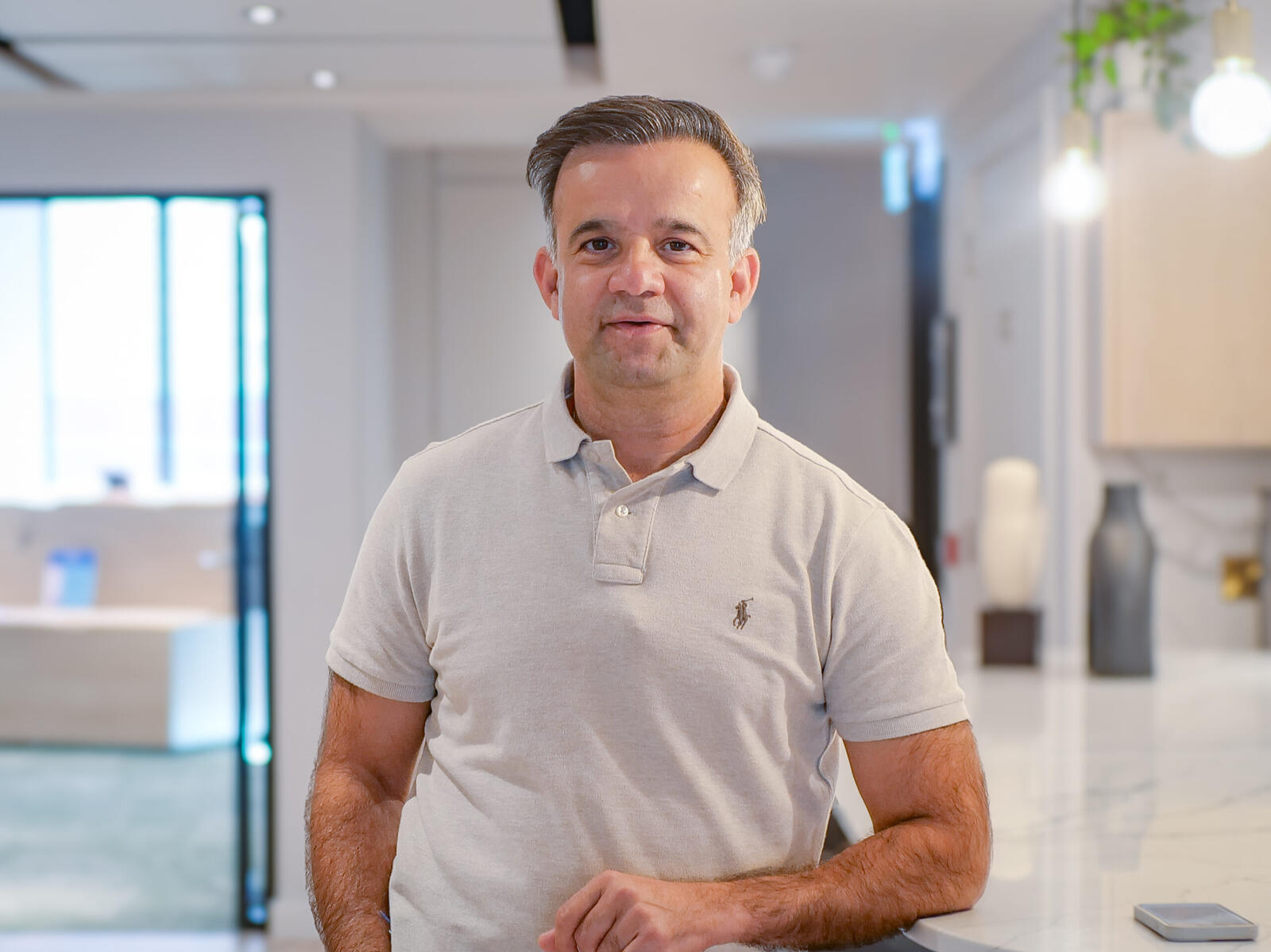By Sumit Kumar, co-founder of digital solutions experts Creative Ideaz
Search Engine Optimisation (SEO) has long been an indispensable weapon in a business’ battle to build trust, visibility and, ultimately, drive growth.
But in a world where artificial intelligence is rapidly changing how we live and work, those who don’t adapt risk being left far behind.
SEO is fundamentally changing before our eyes. It’s no longer about ranking on Google or Bing, it’s about being front and centre across a range of platforms.
And so begins a new dawn for SEO as it evolves into ‘Search Everywhere Optimisation’.
A brand’s visibility now also needs to stretch across conventional AI results, TikTok’s native search algorithm, YouTube SEO, Amazon listings and featured snippets in generative AI outputs.
Search is no longer a funnel – it’s an entire ecosystem.
What Does “Search Everywhere Optimisation” Look Like In Practice?
It’s time to expand the definition of ‘search’ to fully harness the incredible potential that exists. This means making sure your brand is present and optimised in every channel that the end user seeks an answer from, whether its AI chat, app search, voice,
video or traditional search engines.
Its three prongs are:
1. Multi-Surface Content
Adapt your content format to where your audience searches, such as text for Google, short-form video for TikTok, conversational responses for AI, etc.
2. Entity and Context Optimisation
With AI, context is king. Optimising for entities (people, companies, concepts) and their relationships helps your content get pulled into AI tools that rely on knowledge graphs.
3. Brand Authorship and Digital Authority
Getting your name, brand, and experts cited on high-authority domains means you’re more likely to be referenced by AI models, whether it’s Google SGE or ChatGPT.
What Are the Biggest SEO Mistakes Businesses Are Making in 2025?
If you’re only focusing on Google rankings in 2025, you’re missing out on a multitude of opportunities. Traditional SEO remains the foundation on which a successful strategy is built, but it’s vital to look beyond it.
A mistake many businesses still make is treating SEO as just another task on their to-do list rather a strategic, evolving growth engine.
Too many businesses still obsess over ranking for vanity keywords while ignoring:
- Brand visibility in AI tools
- Optimising for niche platforms (e.g. Pinterest, Quora, industry directories)
- Voice search compatibility
- Google’s zero-click results or SGE placements
In 2025, if you’re not thinking beyond search engines, you’re invisible.
How Has This Triggered This Shift In Your Own Strategy at Creative Ideaz
When tools such as ChatGPT started offering direct answers, Creative Ideaz realised that the traditional “rank #1 on Google” mindset was becoming narrow.
We began asking:
- How can our content be cited in AI-generated responses?
- How can brands appear in voice and visual search queries?
- Are we optimising for platforms where Gen Z are starting their search journeys such as TikTok or Reddit?
The biggest shift was treating search intent as platform-specific rather than just keyword-specific. That transformed how we build strategies for our clients.
What Advice Would You Give to CMOs or Founders Trying to Stay Ahead?
Here’s a simple three-step framework I often share:
1. Audit where your audience is searching (not just what they’re searching).
2. Optimise your content by intent, format, and platform, not just keywords.
3. Amplify through brand authority: thought leadership, digital PR, social proof.
And finally, it’s vital to embrace the change. SEO isn’t dead; it’s just everywhere now.
What’s Next For SEO? And What’s Next for You?
As the leading digital agency in Birmingham, we’re investing heavily into AI-content frameworks, multi-channel attribution, and generative search optimisation.
Personally, I’m excited to work with more ambitious founders who want to scale globally and understand that brand visibility now goes far beyond just Google.



